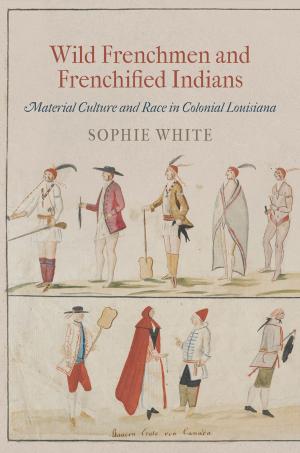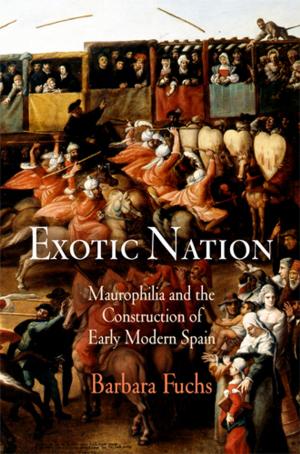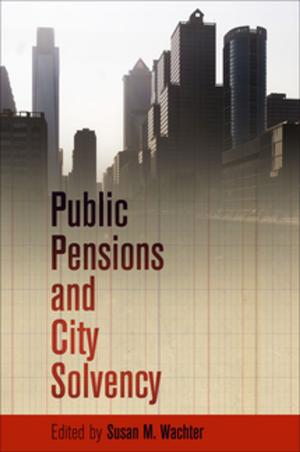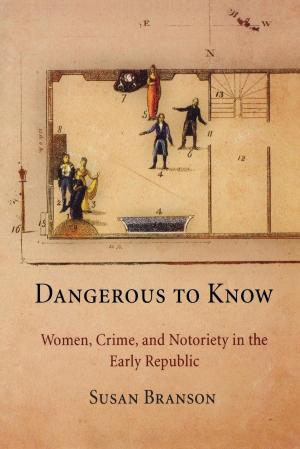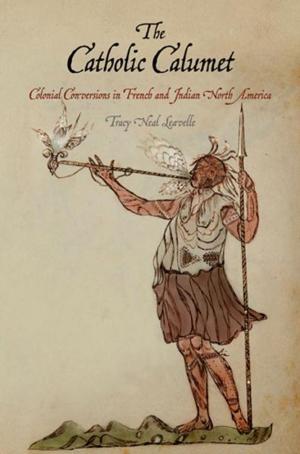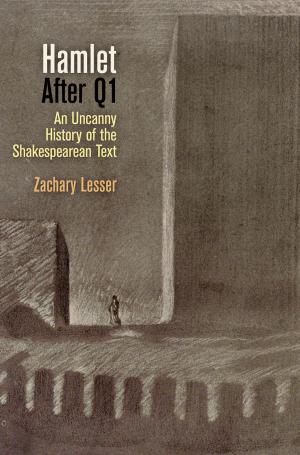Florentine Political Writings from Petrarch to Machiavelli
Nonfiction, History, Renaissance, Social & Cultural Studies, Political Science, Politics, History & Theory, Social Science| Author: | ISBN: | 9780812296020 | |
| Publisher: | University of Pennsylvania Press, Inc. | Publication: | May 1, 2019 |
| Imprint: | University of Pennsylvania Press | Language: | English |
| Author: | |
| ISBN: | 9780812296020 |
| Publisher: | University of Pennsylvania Press, Inc. |
| Publication: | May 1, 2019 |
| Imprint: | University of Pennsylvania Press |
| Language: | English |
In the fifteenth-century republic of Florence, political power resided in the hands of middle-class merchants, a few wealthy families, and powerful craftsmen's guilds. The intensity of Florentine factionalism and the frequent alterations in its political institutions gave Renaissance thinkers ample opportunities to inquire into the nature of political legitimacy and the relationship between authority and its social context.
This volume provides a selection of texts that describes the language, conceptual vocabulary, and issues at stake in Florentine political culture at key moments in its development during the Renaissance. Rather than presenting Renaissance political thought as a static set of arguments, Florentine Political Writings from Petrarch to Machiavelli instead illustrates the degree to which political thought in the Italian City revolved around a common cluster of topics that were continually modified and revised—and the way those common topics could be made to serve radically divergent political purposes.
Editors Mark Jurdjevic, Natasha Piano, and John P. McCormick offer readers the opportunity to appreciate how Renaissance political thought, often expressed in the language of classical idealism, could be productively applied to pressing civic questions. The editors expand the scope of Florentine humanist political writing by explicitly connecting it with the sixteenth-century realist turn most influentially exemplified by Niccolò Machiavelli and Francesco Guicciardini. Presenting nineteen primary source documents, including lesser known texts by Machiavelli and Guicciardini, several of which are here translated into English for the first time, this useful compendium shows how the Renaissance political imagination could be deployed to think through methods of electoral technology, the balance of power between different social groups, and other practical matters of political stability.
In the fifteenth-century republic of Florence, political power resided in the hands of middle-class merchants, a few wealthy families, and powerful craftsmen's guilds. The intensity of Florentine factionalism and the frequent alterations in its political institutions gave Renaissance thinkers ample opportunities to inquire into the nature of political legitimacy and the relationship between authority and its social context.
This volume provides a selection of texts that describes the language, conceptual vocabulary, and issues at stake in Florentine political culture at key moments in its development during the Renaissance. Rather than presenting Renaissance political thought as a static set of arguments, Florentine Political Writings from Petrarch to Machiavelli instead illustrates the degree to which political thought in the Italian City revolved around a common cluster of topics that were continually modified and revised—and the way those common topics could be made to serve radically divergent political purposes.
Editors Mark Jurdjevic, Natasha Piano, and John P. McCormick offer readers the opportunity to appreciate how Renaissance political thought, often expressed in the language of classical idealism, could be productively applied to pressing civic questions. The editors expand the scope of Florentine humanist political writing by explicitly connecting it with the sixteenth-century realist turn most influentially exemplified by Niccolò Machiavelli and Francesco Guicciardini. Presenting nineteen primary source documents, including lesser known texts by Machiavelli and Guicciardini, several of which are here translated into English for the first time, this useful compendium shows how the Renaissance political imagination could be deployed to think through methods of electoral technology, the balance of power between different social groups, and other practical matters of political stability.



